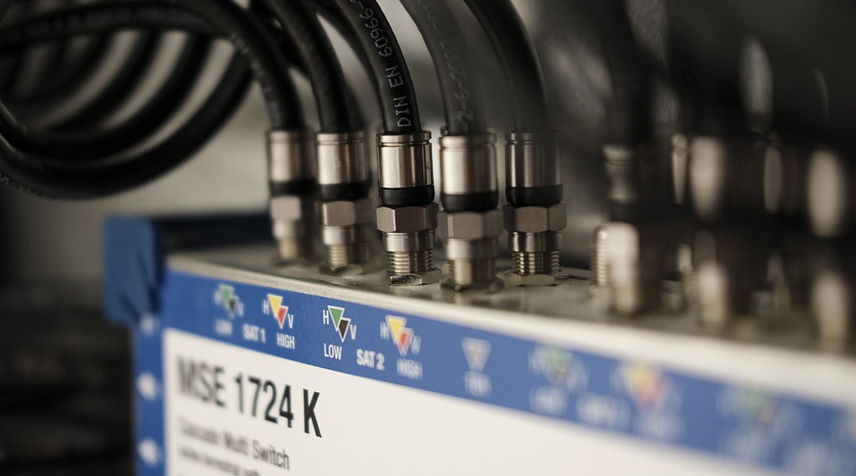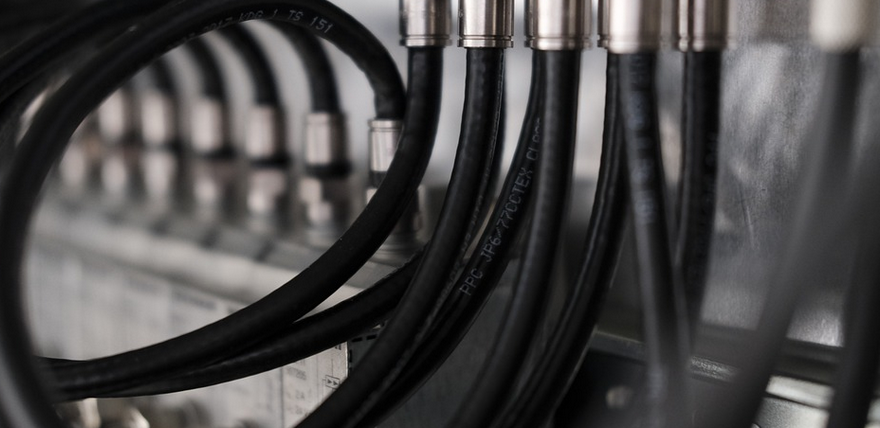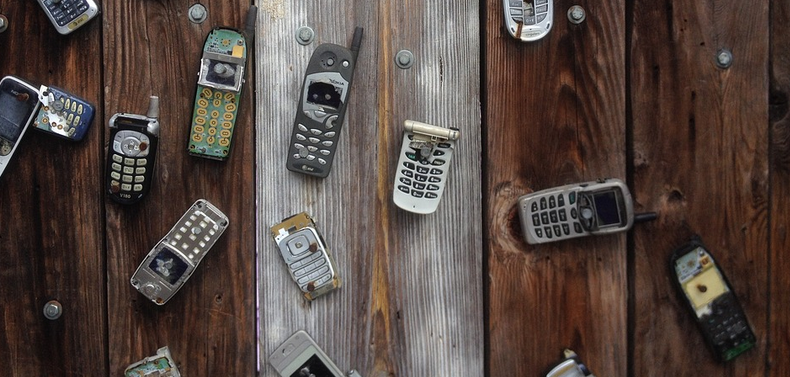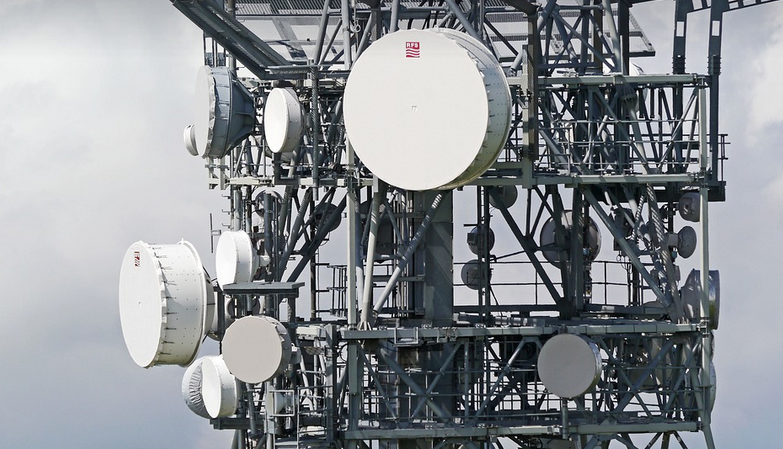The Warning Signs
When your car’s transmission overheats, it can be a stressful experience, especially if you’re in the middle of a long drive or on your way to an important appointment. The good news is that there are steps you can take to address this issue and keep things running smoothly.
What does overheating mean for your transmission?
A transmission’s main job is to transfer power from the engine to the wheels, allowing your car to move forward. When the transmission gets too hot, it can experience a number of issues, including reduced performance and even complete failure.
If you notice any of the following symptoms, it could be a sign that your transmission is overheating:
- The “Check Engine” light on your dashboard:
- Your car’s engine sounds louder or more strained when in gear.
- You feel like you are losing power and the car struggles to move forward.
- Your transmission feels sluggish or unresponsive.
- Your vehicle jerks or hesitates while driving.
- Smell of burning oil or a burnt smell from under your hood
Ignoring these warning signs can lead to more serious damage and potentially costly repairs. It’s important to address the issue as soon as possible.
What Causes Transmission Overheating?
Understanding the cause of transmission overheating is key to taking the right steps to prevent it from happening again. Here are some of the most common culprits:
- Low transmission fluid level: The transmission fluid is crucial, as it lubricates all parts and helps dissipate heat. If the fluid level is too low, your transmission will overheat.
- Heavy traffic conditions.
- Driving on hills for prolonged periods.
- Neglecting regular maintenance like oil changes and filter replacements.
- Extreme weather conditions (extreme heat or cold).
If you regularly drive in congested traffic, it’s important to note that this can put a lot of stress on your transmission. As the car brakes, accelerates and shifts gears repeatedly, the transmission becomes exposed to higher temperatures.
How To Cool Down Your Overheated Transmission
Here are some immediate steps you can take while your vehicle is still running:
- Pull over safely: Immediately stop and find a level, shaded spot. It’s important to avoid stopping in traffic.
- Engage park: Put the transmission into park. This will help prevent any further damage.
- Turn off the engine: Don’t just continue driving; shutting off your engine is essential for cooling the transmission.
- Check fluid level: If you’re comfortable, check your transmission fluid level and top it up if necessary. Ensure the level dipstick is clear of any debris before continuing.
Once you’ve taken these steps, you can wait a few minutes to let the transmission cool down. This will help prevent further damage. But remember! If your check engine light stays on after driving for some time, it is imperative that you consult a mechanic.
What To Do Next: When You Have To Call A Mechanic
You’ve stopped your car and allowed the transmission to cool down – now, what? The answer depends on how severe the overheating was. If the issue seems minor (like a slightly warm transmission during the hottest part of the day), you may get away with just changing your oil, replacing the filter, and following regular maintenance schedules.
However, if you notice heavy smoke from the car’s exhaust or experience severe jerking/stalling, it’s best to call a towing company and a professional mechanic. These are signs of a much larger issue that needs immediate attention.
Preventative Maintenance: Your Best Friend
The best way to prevent transmission overheating and keep your car running smoothly is through regular maintenance. Don’t neglect these crucial steps!
- Check the transmission fluid level regularly – especially after heavy driving
- Have your mechanic check the transmission fluid and filter every 30,000-50,000 miles or as recommended by your car’s manual.
- Keep an eye out for unusual noises or vibrations from the vehicle’s engine and gearbox.
Regular maintenance helps ensure your transmission stays in top shape, leading to a safer and more enjoyable driving experience.
Don’t Be Afraid to Ask For Help
Don’t be afraid to reach out for help if you’re unsure about what to do. A mechanic can diagnose the issue and recommend the appropriate course of action. They are your best resource!



